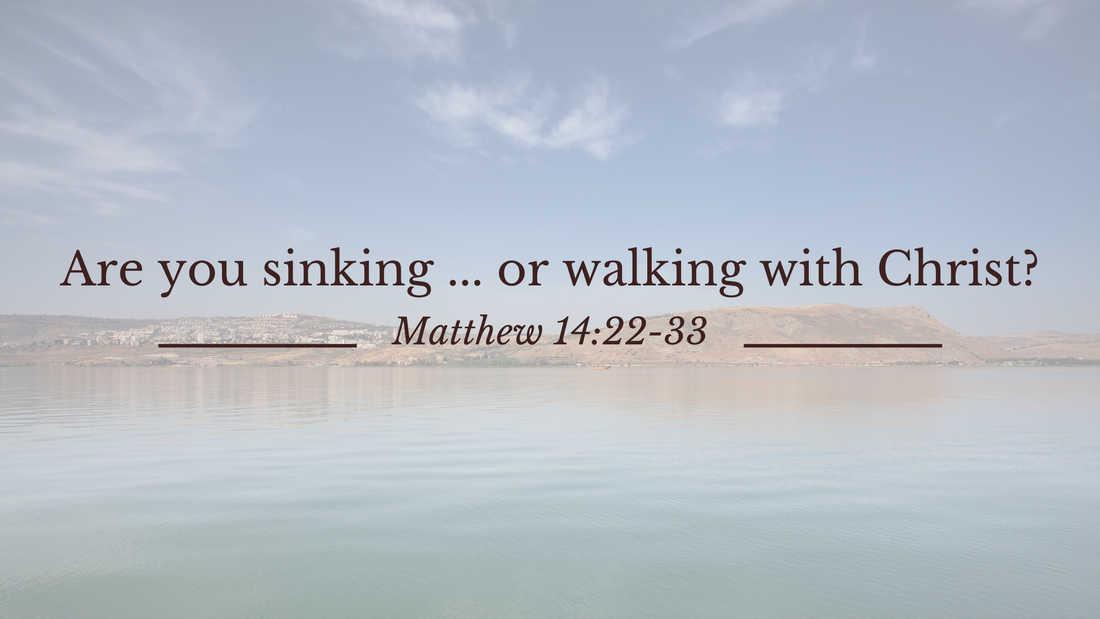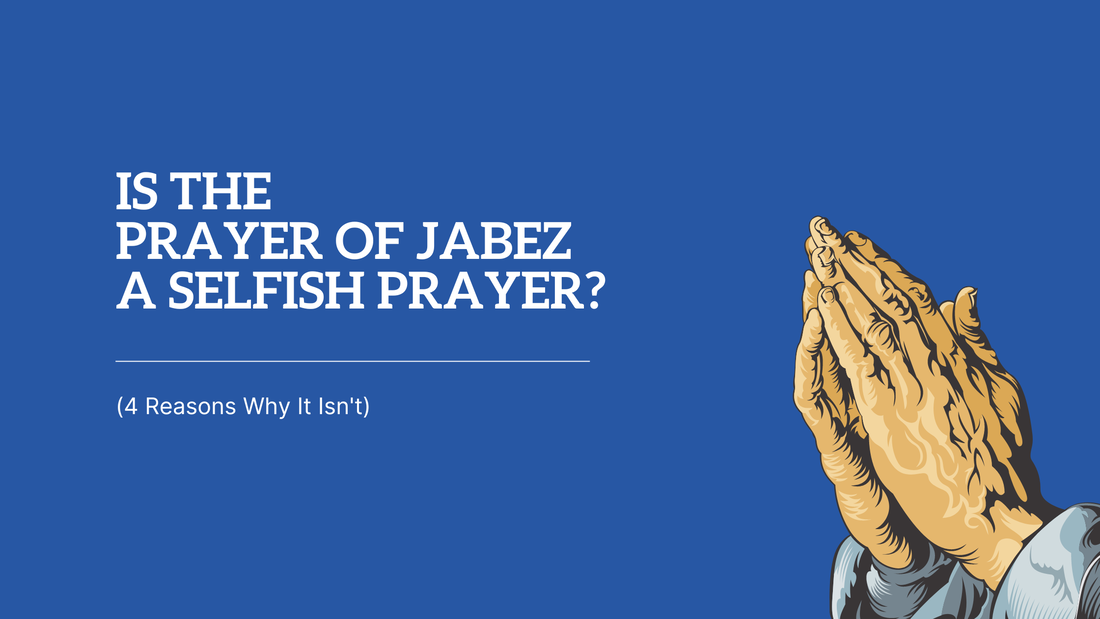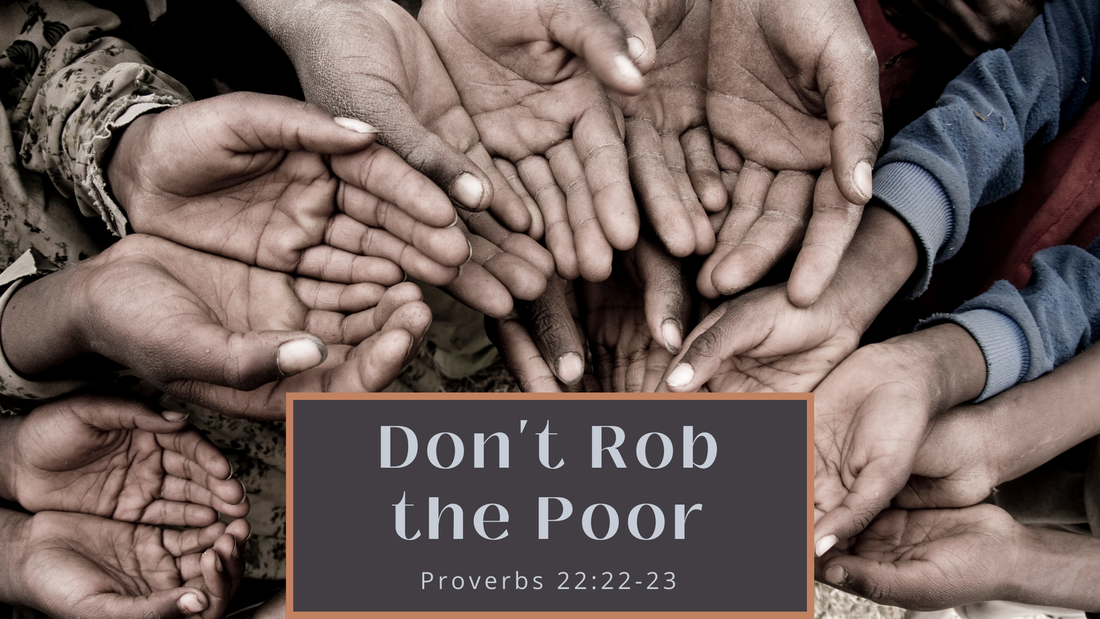|
“These things I have spoken to you, that in Me you may have peace. In the world you will have tribulation; but be of good cheer, I have overcome the world” John 16:33.
The Bible has some hard things in it, especially about tribulation/persecution. However, those passages aren’t in there to give us unrest. It’s actually to give us peace during those times. Because we see what will happen in the End Times (and even though we know that we will go through persecution, some more so than others), we know that God wins in the end. Read these passages in this light, because it was God’s reason for including them in the Bible. “A woman, when she is in labor, has sorrow because her hour has come; but as soon as she has given birth to the child, she no longer remembers the anguish, for joy that a human being has been born into the world. Therefore you now have sorrow; but I will see you again and your heart will rejoice, and your joy no one will take from you” (John 16:21-22). Matthew 14:22-33: "Immediately Jesus made His disciples get into the boat and go before Him to the other side, while He sent the multitudes away. And when He had sent the multitudes away, He went up on the mountain by Himself to pray. Now when evening came, He was alone there. But the boat was now in the middle of the sea, tossed by the waves, for the wind was contrary. Now in the fourth watch of the night Jesus went to them, walking on the sea. And when the disciples saw Him walking on the sea, they were troubled, saying, 'It is a ghost!' And they cried out for fear. But immediately Jesus spoke to them, saying, 'Be of good cheer! It is I; do not be afraid.' And Peter answered Him and said, 'Lord, if it is You, command me to come to You on the water.' So He said, 'Come.' And when Peter had come down out of the boat, he walked on the water to go to Jesus. But when he saw that the wind was boisterous, he was afraid; and beginning to sink he cried out, saying, 'Lord, save me!' And immediately Jesus stretched out His hand and caught him, and said to him, 'O you of little faith, why did you doubt?' And when they got into the boat, the wind ceased. Then those who were in the boat came and worshiped Him, saying, 'Truly You are the Son of God.'"
After Jesus had learned of John the Baptist's death, He went with His disciples to rest. A crowd wanted to learn from Him, so He taught them (and fed them). After He went by Himself to pray (and His disciples went by boat to the other side), Jesus appeared to them on the water. The disciples were afraid that they were seeing a ghost. After Peter knew it was Jesus, he showed his faith by walking on the water to meet Jesus. When he saw the waves, he was afraid and started sinking, but Jesus reached out and saved him. What can we learn from this? We may quickly respond by faith in life sometimes, but then we lose sight of Jesus (as did Peter when he sank), and we begin to sink, ourselves. We sink in our faith, sink in our fears, and sink in thinking we are worthless or not worthy to do God's work. There's still much to get done, so look to Jesus to help you accomplish what He has for you to get done. So, are you sinking ... or walking with Christ? In the book of Colossians, we’re reminded about what’s important - glorifying God. “And whatsoever ye do in word or deed, do all in the name of the Lord Jesus, giving thanks to God and the Father by him” Colossians 3:17.
We’re to glorify God in all that we do. This also means that, if we’re doing something that isn’t glorifying to God, we shouldn’t do that (no matter what it is). Usually, this is sin, but it’s not always sin that we have to stop doing. Sometimes it’s something that doesn’t please God, yet probably wouldn’t be classified as a sin. This is a type of sacrifice that God calls us to do. We sacrifice, not because it’s a chore, but because we love the God who has saved us. What are things that you are being called to sacrifice in order to please God? How are you going to be held accountable for this, so that you continue to reject what isn’t good and hold on to what is good (”Prove all things; hold fast that which is good” 1 Thessalonians 5:21)? What if I were to tell you that the prayer of Jabez wasn’t a selfish prayer, even though it may seem selfish on the surface?
First, before we get into this, you may be wondering, “What is the prayer of Jabez?” or “Who is Jabez?” or “The name Jabez sounds familiar, but I can’t quite figure out why.” Who was Jabez? Little is known about Jabez. He appears in between Aharhel and Chelub in the Bible in 1 Chronicles 4, leaving many to believe that he may be Aharhel’s son. When reading this genealogy section, it’s so easy to almost miss him even being mentioned, let alone the prayer and Jabez’s short history found in the Bible. All that’s really mentioned of him in the Bible is 2 verses (but we’ll look at 3 verses so there’s a little context). 1 Chronicles 4:8-10: “8 And Coz begat Anub, and Zobebah, and the families of Aharhel the son of Harum. 9 And Jabez was more honourable than his brethren: and his mother called his name Jabez, saying, Because I bare him with sorrow. 10 And Jabez called on the God of Israel, saying, ‘Oh that thou wouldest bless me indeed, and enlarge my coast, and that thine hand might be with me, and that thou wouldest keep me from evil, that it may not grieve me!’ And God granted him that which he requested.” From this passage, we can see that the prayer is focused on Jabez. It almost seems like something that we can’t pray. While it isn’t selfish, that doesn’t mean we need to pray this word-for-word, or that it is somehow the perfect prayer to pray. Where do you know this prayer from? Likely you have heard of or read Bruce Wilkinson’s book The Prayer of Jabez, and that’s where a lot of Christians have heard of it, in addition to seeing it by reading through the Bible. Here are four reasons that it isn’t selfish:
Here is more detail on each reason:
So, can we be assured that God honors prayers like this? Jabez told God that he was ready for growth, and God honored his prayer. Based on this short, little-known passage, we can be sure that this prayer isn’t selfish, as long as you aren’t being selfish (James 4:3: “Ye ask, and receive not, because ye ask amiss, that ye may consume it upon your lusts.”). We can take a lot from this passage. One thing we can get from it is to be bold in our prayer. Will you pray today with Jabez-like faith? If you can’t do that yet, remember James 1:5: ““If any of you lack wisdom, let him ask of God, that giveth to all men liberally, and upbraideth not; and it shall be given him.” “Fear not, for I am with you; Be not dismayed, for I am your God. I will strengthen you, Yes, I will help you, I will uphold you with My righteous right hand” Isaiah 41:10.
Rumor has it that the Bible has the phrase, “Do not fear,” 365 times (the same number of days in most years). Whether it’s true or not, it’s still a great way to look at it. We shouldn’t fear, daily. God says in His Word that if we fear, we can’t expect to get success from God. Instead of fearing, ask God for wisdom in any situation you are facing. James 1:5-7: If any of you lacks wisdom, let him ask of God, who gives to all liberally and without reproach, and it will be given to him. But let him ask in faith, with no doubting, for he who doubts is like a wave of the sea driven and tossed by the wind. For let not that man suppose that he will receive anything from the Lord.” Fear comes out of doubt, and doubt was basically the very first original sin. The serpent said in Genesis 3:1: "Did God really say ‘You must not eat from any tree in the garden?'" Eve started to doubt, and when that doubt happened, she believed the serpent over God. Therefore, that seed of doubt caused her to lose her faith in God, which caused her to choose to eat of the tree of the knowledge of good and evil. Doubt (and therefore, by extension, fear) is a faith-killer. Our faith in God shouldn’t waver, so we should put our trust in God rather than putting our trust in man. God’s Word holds true. “Do not rob the poor because he is poor, nor oppress the afflicted at the gate; for the Lord will plead their cause, and plunder the soul of those who plunder them” Proverbs 22:22-23.
The Bible talks a lot about treating everyone kindly. This also means those who are in need. God is serious about not hurting them, even threatening the very soul of those who do. However, it’s also about oppressing them. This goes beyond stealing from them, but also treating them poorly. “Powerful people can take advantage of bribery, lies, manipulations, and underhanded tactics to win cases against the defenseless. Scripture soundly condemns such evil; the rich and powerful are charged with caring for others, not exploiting them” (bibleref.com). “The poor or afflicted cannot defend themselves well. Some think this makes them an easy target, but they forget the most key fact in the universe. God will defend them. Beware!” (Let God Be True). This means that God is serious about what He says. Instead, what are we to do? We must help them. How can you help those in need today? |
AuthorPotter's House Ministries is a ministry devoted to helping individuals in Romania through different programs. Learn how you can help us or help start a fundraiser. Categories
All
Archives
January 2024
|







 RSS Feed
RSS Feed


